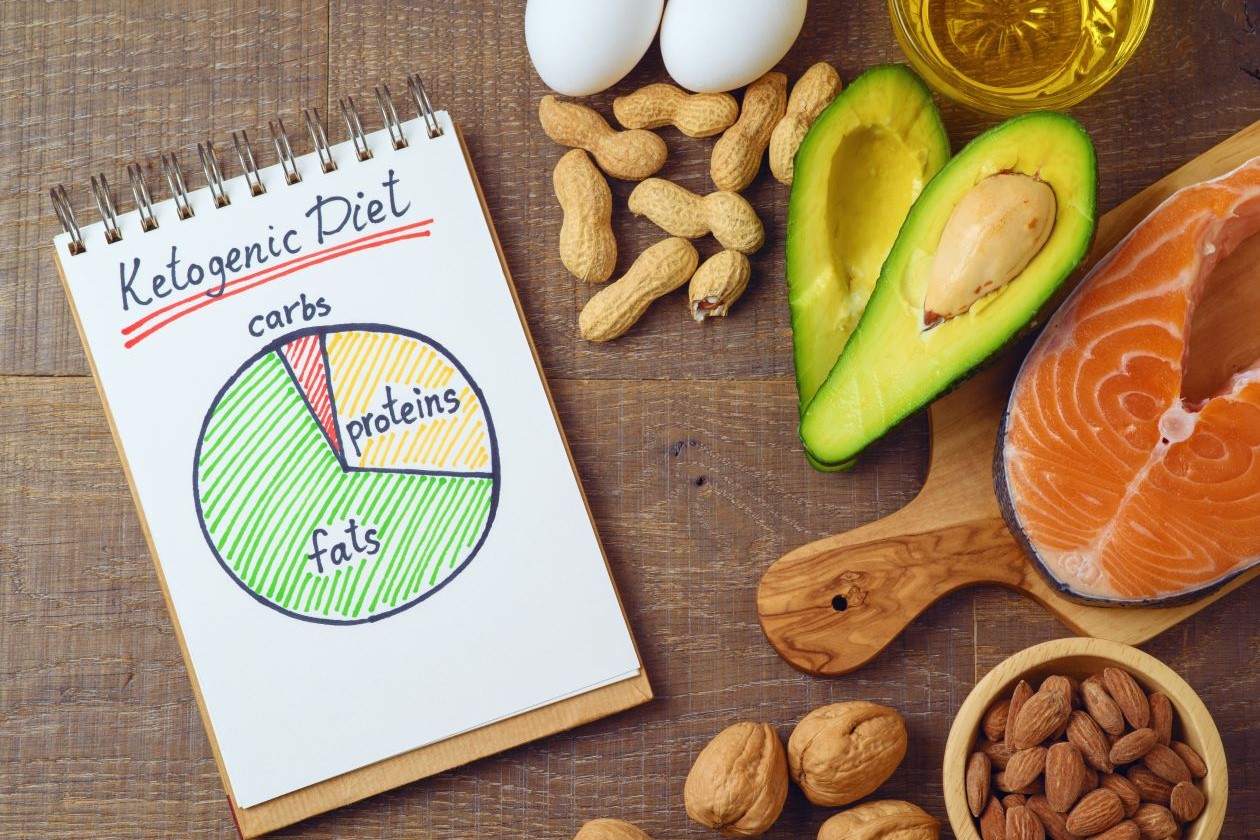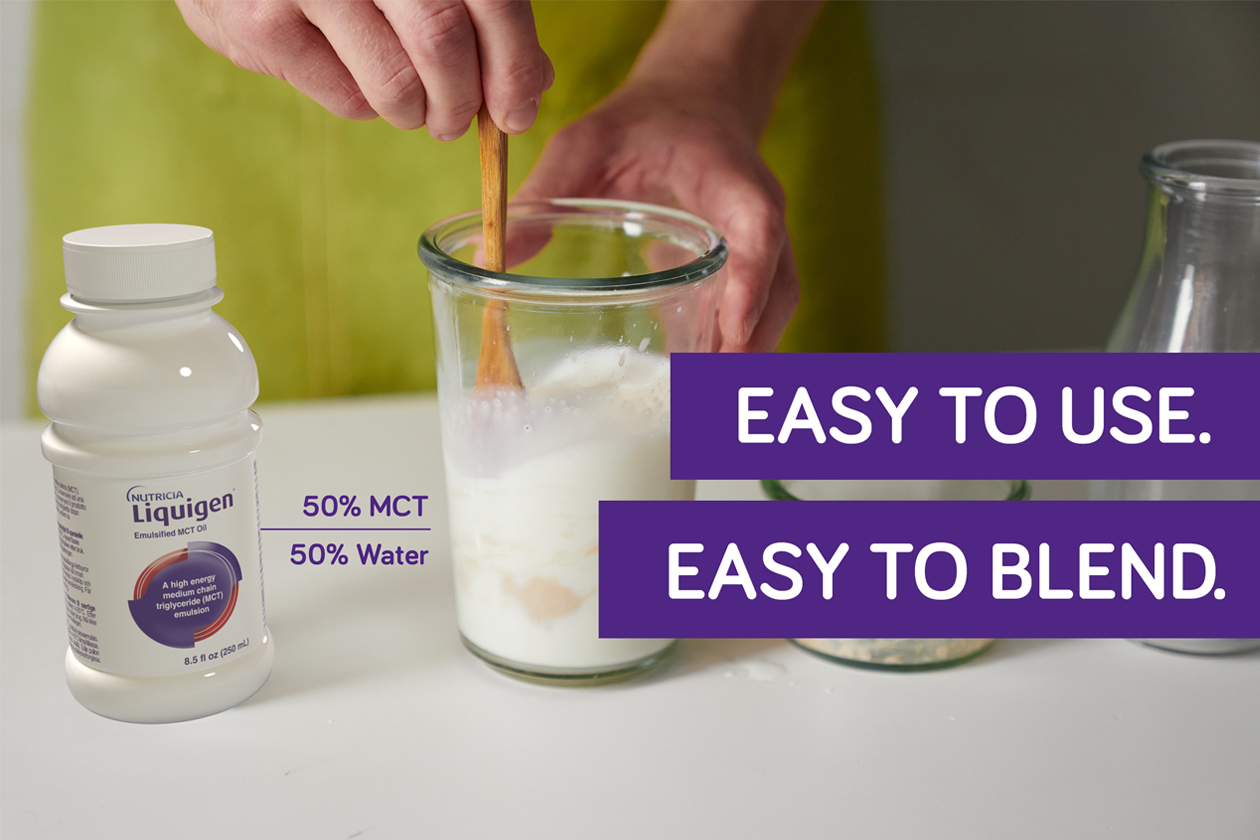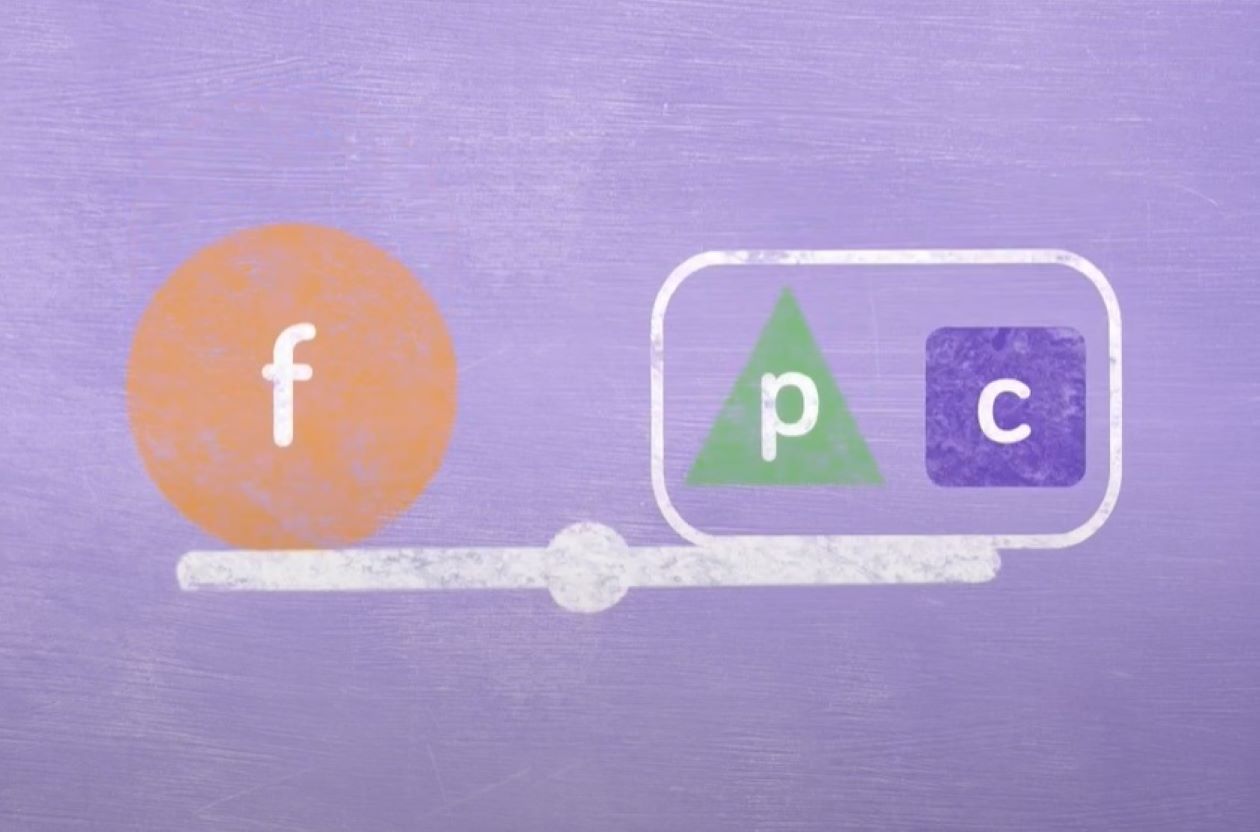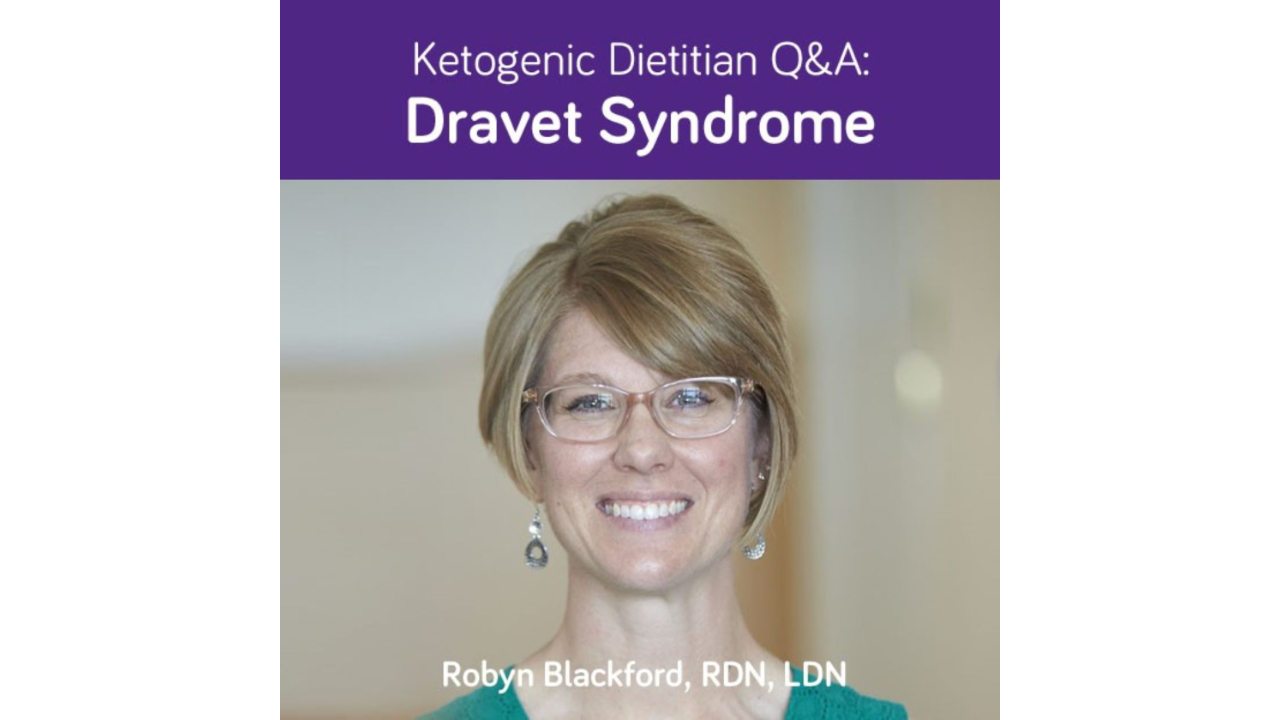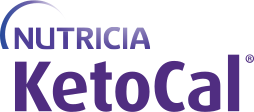A support blog for patients and caregivers using the medical ketogenic diet for seizures
We’ve partnered with ketogenic dietitians and families with ketogenic diet experience to create a trustworthy source of information, tips and resources that can help you along your ketogenic diet journey.
We want to help make managing the medical ketogenic diet as easy as possible and help give you or your loved one the best possible chance for success on the diet.
Please note: information presented in our blogs is for educational purposes only and is in no way intended to replace the care, advice, and medical supervision of your ketogenic diet team. Always consult your ketogenic diet healthcare team with questions you have and before you make any changes to your or your loved one’s diet or condition management.
Our Latest Articles
Find all our latest articles related to the medical ketogenic diet for epilepsy.
Preparing Families for a Ketogenic Diet Journey
How Medical Ketogenic Diets for Epilepsy Differ from Keto Diets for Weight Loss?
Time Management Tips for Keto Moms & Dads
Enhancing the Medical Ketogenic Diet with MCT Oil
Medium Chain Triglycerides (MCTs) and Ketogenic Diets
Ketogenic Ratios Explained
Ask A Keto Dietitian: Dravet Syndrome
Sugar Alcohols: Are They Allowed on a Ketogenic Diet?
7 Ideas for Making Halloween on a Medical Ketogenic Diet Not So Scary
Sign Up for More!
Keep up to date with new medical ketogenic diet related news, tips, recipes, articles, stories & more.

Keto-Friendly Recipes for
Epilepsy
Find keto-friendly recipes to help make mealtime nutritious, delicious, and exciting! We have a variety of options for anyone in the family to enjoy.
Helpful Resources
A collection of keto resources to help you and your family. Downloads and videos included.
Connecting with
Others
Find support and encouragement by connecting with other members of the medical ketogenic diet community.

